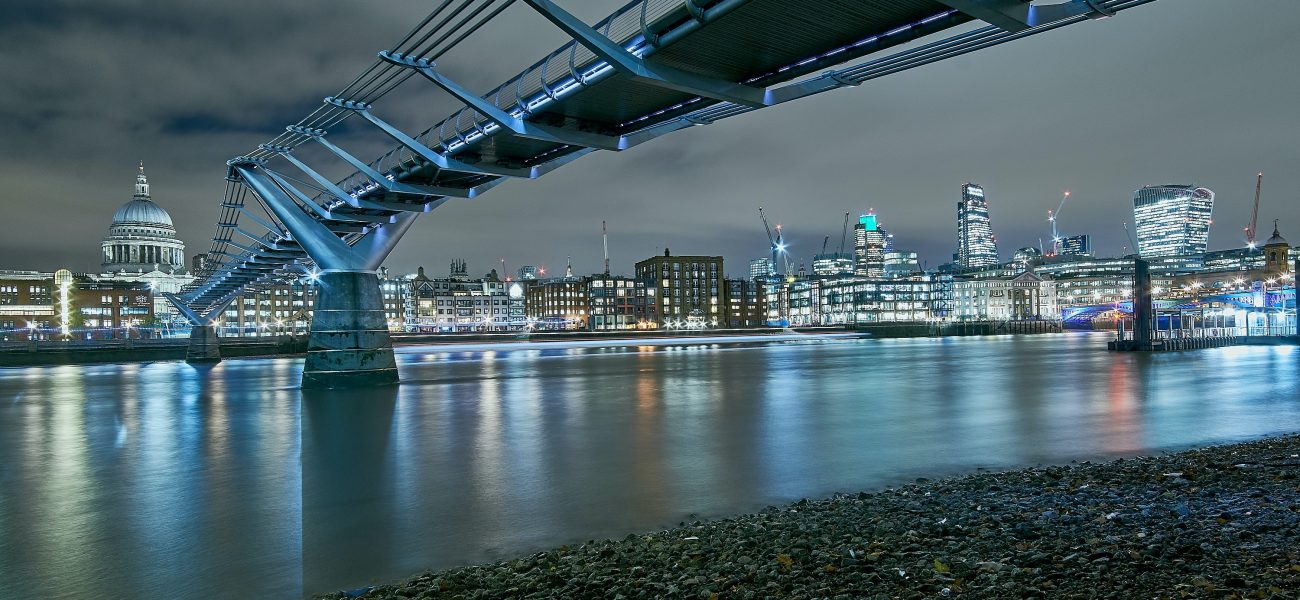Covid-19 has single-handedly paralysed the way we live and how we operate.
Freedom of movement is gone and economic activity curtailed on an unprecedented scale. Currently all focus is concentrated on how we combat the virus and minimise deaths. This is vital of course and rightly takes priority. But momentum needs to gather on shaping the world we want to live in when the pandemic is over.
The International Labour Organisation estimates that 195 million workers will lose their jobs due to Covid-19 in Q2 of this year.[1] According to their estimates, 1.25 billion workers, (roughly 38% of the global workforce) are employed in sectors experiencing severe declines in output and are therefore at a high risk of workforce displacement.[2]
With mass unemployment and crumbling economies, the desire to return to normal as quickly as possible is mammoth. But “business as usual” should be resisted; “normal” wasn’t working.
The way we operated was not sustainable. We over consumed and have dwindled our most precious resources like fresh water and arable land. Our air is saturated with harmful pollutants, we over farm, exploit livestock, burn fossil fuels, excessively fly, operate complex supply chains and exploit the workers that facilitate them.
We have been pushing the planet and ourselves to self-destruction and we knew we were doing it. Perhaps it has taken a pandemic for us to decide to act on it. And act we must.
You may have seen the headlines; villagers in India and Pakistan seeing the Himalayas, up to 200km away for the first time in 30 years, canals in Venice running clear, wildlife returning to previously abandoned habitats whilst 81% of the global population is under some form of lockdown.[3]
At the time of writing, Covid-19 has claimed the lives of 286,355 people[4] and the severity and tragedy of this cannot be downplayed. However, this begs the question of why we haven’t taken the same unified, pragmatic response to the climate emergency, when, according to estimates by the World Health Organisation, air pollution accounts for over 7 million deaths each year worldwide, just as an example.[5]
With Covid-19 overhauling the way we operate we have a chance to re-think the way things are done. Many businesses will not survive the pandemic and so it is our responsibility to rise from their ashes. But we cannot return the same, we must be better. The key in this will be in balancing the need for economic recovery with building a more regenerative and sustainable economic infrastructure for the future.
Covid-19 has presented an opportunity for businesses to diversify and build resilience already, out of the necessity to survive. The businesses which harness these changes; such as shortening their supply chains, increasing their use of technology and online functionality, decreasing business travel, streamlining manufacturing processes and championing remote and flexible working will be the ones still standing when the smoke clears and will thrive in the new world.
This is bigger than the private sector. Governments all over the world are developing economic stimulus packages to combat the impact of Covid-19. These packages must go further than trying to maintain the status quo. Packages should be supporting economies to come back green with funding for sustainable businesses, creating jobs, focusing on workers wellbeing with a total move away from fossil fuels to renewables.
Before the pandemic, many countries set targets to achieve net zero GHG emissions, yet global emissions were continuing to rise. Despite initial reports showing that Covid-19 was massively reducing global missions, scientists predict that the desire to recover the economy at speed will be so great, that we may only see an overall decrease in carbon emissions by 5% at the end of the year. This is a decrease nonetheless and importantly, Covid-19 has broken the upward trend. We must seize this opportunity and change our practices to ensure GHG emissions continue to diminish. We have been given a head start.
It is the responsibility of governments now to provide certainty and stimulate climate focused investing. The businesses which survive and thrive in future will be those whose strategies are consistent with net-zero targets, limiting global warming as much as possible, that create new jobs on a sustainable basis, and who best mitigate risk in their business models.
The world needs to recognise that the way in which we conduct business is too often at the detriment of huge numbers of people and the environment. There needs to be fresh impetus now to ethical trade practices. We must do better than “corporate social responsibility”, shifting the focus to regenerative practices. This means not just operating sustainably but operating positively, in a way that gives back, undoing damage rather than creating none. This will be the way to reflect our common humanity which has been so starkly revealed by shared suffering during this pandemic.
Covid-19 has stopped the world in its tracks and presented the opportunity to rewrite our modus operandi. Humans will overcome the current pandemic. We will not overcome the planetary climate crisis if things remain as they were. Combining our pandemic recovery with climate action is therefore not just an ideal but a necessity.
[1] https://www.ilo.org/wcmsp5/groups/public/@dgreports/@dcomm/documents/briefingnote/wcms_740877.pdf
[2] https://www.ilo.org/wcmsp5/groups/public/@dgreports/@dcomm/documents/briefingnote/wcms_740877.pdf
[3] https://www.bbc.co.uk/news/world-52103747
[4] https://www.arcgis.com/apps/opsdashboard/index.html#/bda7594740fd40299423467b48e9ecf6
[5] https://www.who.int/health-topics/air-pollution#tab=tab_1

